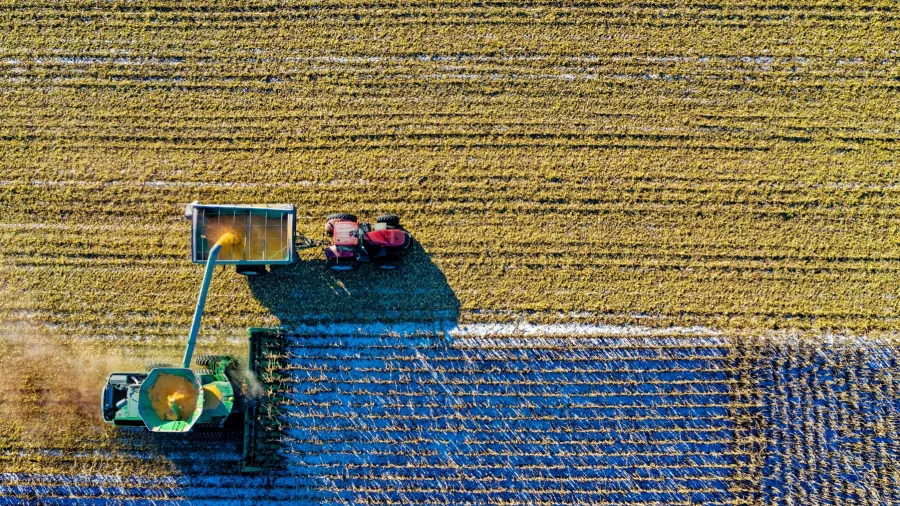
Global food supply may see worse next year: report
Grain export from Ukraine and Russia is 18 million-22 million metric tonnes fewer.
The global food supply that has been disrupted by the pandemic and the conflict between Russia Ukraine may see worse in 2023, a report found.
As of August 2022, the exported grain from Ukraine and Russia was fewer by 18 million to 22 million metric tonnes, McKinsey & Company said.
“The ongoing conflict is interfering with farmers’ ability to prepare fields, plant seeds, and protect and fertilize crops, which will likely result in even lower volumes next harvest season,” the report read, noting that Ukraine may experience its lowest harvest and export in the past decade.
McKinsey estimated the crop production in Ukraine to decline by 35-45% in the next season, largely driven by the decline in harvest resulting from military actions, and the lack of liquidity of farmers amongst other farming challenges.
In this light, exports from Ukraine is projected to decline by a total of 30 million to 44 million metric tonnes for 2022-2023.
Moreover, McKinsey expected that trade restrictions amongst territories, fertiliser shortage and its increasing price could further reduce trade volumes.
“What other exporting countries do could either add more grain to the global supply or further reduce it,” McKinsey said. On the one hand, continued or even further trade restrictions could exacerbate global scarcity, whilst high harvests and loosening reserves could dampen the impact.”
The consulting firm also noted that overall consequence will likely be more pronounced, considering some countries are not in the position to cushion the continuing disruption in the global food supply.













